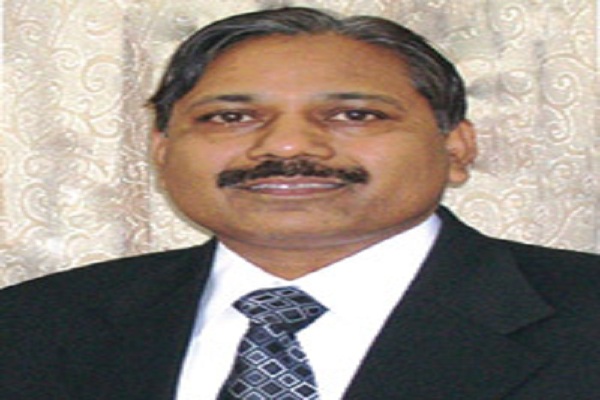
 In conversation with Shally Makin, Dr SM Bhatti, Principal, Christian Medical College, seeks to contribute to the health needs of India by training students through a prestigious institute for more than a century now and believes that medical education in India needs to focus on practical training with a restructured system
In conversation with Shally Makin, Dr SM Bhatti, Principal, Christian Medical College, seeks to contribute to the health needs of India by training students through a prestigious institute for more than a century now and believes that medical education in India needs to focus on practical training with a restructured system
What is the present status of medical education in India?
The present medical education system is much better than what it was a few years ago but still a lot needs to be done. This year’s financial budget has allocated considerably less for healthcare infrastructure. We need to invest more on health for national development.

What do you think are the loopholes in the medical education system? How can they be removed?
The education system comprises of medical students, medical teachers and medical institutes. To address the issues related to medical students there has to be alternative method of selection, single entrance test to select students for taking medicine as a career is not a good method. It is difficult at the undergraduate level but can easily be incorporated for post graduation courses by going back to the earlier system of doing house job and then choosing the candidates who have the aptitude for that subject.
As far as teachers are concerned, neither all medical teachers have interest in teaching, nor are they trained enough to do their job. This particular problem is already being taken care of by mandatory workshops introduced by MCI recently. Some institutes don’t have enough teaching cases for practical training which is of paramount importance. Strict monitoring by the regulatory authorities will take care of this issue.

Please share your opinion about medical training in India?
In most institutes the medical training is too theoretical and not enough emphasis is given on skills which are the back bone of medical care. We need to give long hours of practical training to students to produce a skilled and well trained healthcare professional. The medical field is advancing day by day and we need to keep pace with the technology and produce doctors equipped with the knowledge of technology. The assessment system also requires modification.
As of now, there is a serious dearth of good doctors and healthcare facilities in rural areas of the country. What according to you needs to be done to bridge this rural-urban healthcare divide?
It is true that rural India has dismal facilities as compared to urban India. We need to improve infrastructure in rural setup. There should be proper schools and education in rural areas so that the doctors serving there don’t face a problem in looking for good education for their children. Their salaries should also be comparable to doctors working in urban setup. These small measures will help to retain young doctors in rural areas. Health needs to be seen from a different perspective. A healthy society is the base of a healthy nation. Money spent on health is not a waste but a long term investment. This change in mindset of policy makers is the need of the hour.
Skewed distribution of doctors is the main issue. A doctor who had spent ` 30-50 lakh on his college fee, would not like to work in rural setup on a meager salary. We need to provide the doctors with good facilities and adequate salary to retain them in rural areas. Also the medical students who study in Government Colleges study on tax payer’s money. After completion they go abroad without contributing anything to the nation, although they have taken a huge benefit. They should be asked to serve the rural India for about 2 years. Such measures would ensure that everybody contributes to the society and thus even if for two years; the mandate would make it possible for all doctors a fair share of exposure. Also, it would ensure all doctors going and serving in rural areas at least for two years.
Be a part of Elets Collaborative Initiatives. Join Us for Upcoming Events and explore business opportunities. Like us on Facebook , connect with us on LinkedIn and follow us on Twitter , Instagram.












